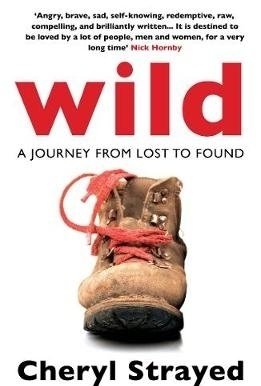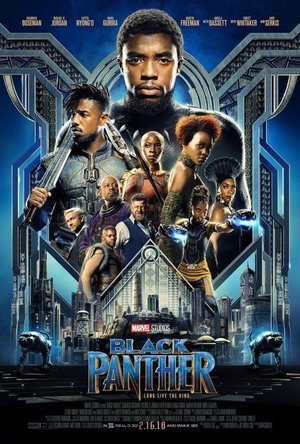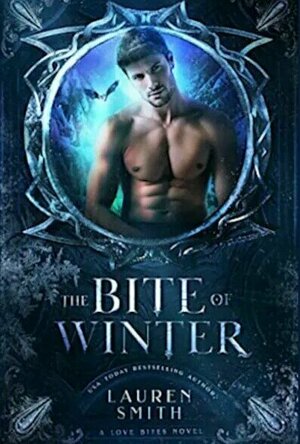
The Vulcan Foundry: 150 Years of Engineering
Book
Founded by the great Robert Stephenson in the 1830s as a factory to produce locomotives for the...
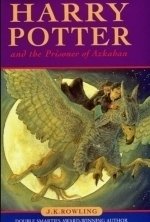
Harry Potter and the Prisoner of Azkaban
Book
'Welcome to the Knight Bus, emergency transport for the stranded witch or wizard. Just stick out...
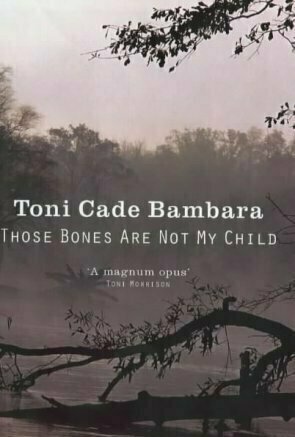
Those Bones Are Not My Child
Book
Those Bones Are Not My Child is a staggering achievement: the novel that Toni Cade Bambara worked on...
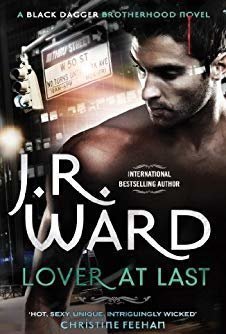
Lover at Last (Black Dagger Brotherhood, #11)
Book
In the darkest corners of the night in Caldwell, New York, a conflict like no other rages. The city...
Whatchareadin (174 KP) rated Wild: A Journey from Lost to Found in Books
May 10, 2018
Well, I know that I could never take on a task like that. At least not in the way she did it. Backpacking 1100 miles from California to the Oregon/Washington border. Sleeping outside, meeting strangers, crossing paths with rattlesnakes, watching black bears walk by. But she went into the wilderness totally unprepared. Her shoes were too small, her pack was too heavy and financially(who needs money when they're backpacking?)
All of these and more obstacles she overcame in order to accomplish the task at hand. Hiking the PCT.
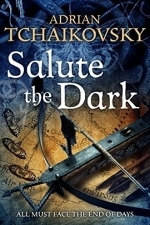
Salute the Dark
Book
Adrian Tchaikovsky's epic Shadows of the Apt continues with the fourth instalment in this...
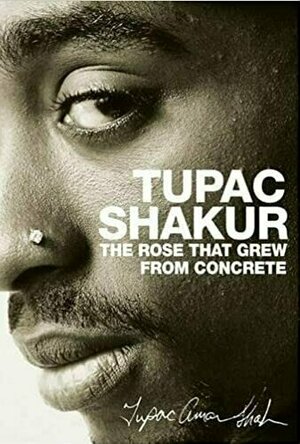
The Rose That Grew From Concrete
Book
Here now, are Tupac Shukar’s most honest and intimate thoughts conveyed through the pure art of...
Ryan Hill (152 KP) rated Black Panther (2018) in Movies
May 11, 2019
I remember years ago I read a book about the cultural significance of various comic book locales, and the Wakanda entry struck me as uniquely sad and inspiring. Wakanda, a place busting with innovation, tradition, and pride...hidden from the world. Sort of an alternate-timeline Africa which wasn't poisoned irreparably by colonialism and all its horrors. There's a sad duality obvious in this Wakanda, that being for it to exist, it must be hidden. Must be quietly nurtured, developed and treasured. It's an apt metaphor in relation to black pride, culture, and history; something constantly being reworked, reshaped and reimagined to put a sordid past (and present) in the rear-view mirror by those who perpetrate it, knowingly or not. This idea, that for something to thrive it must be isolated, is at the heart of Black Panther. You can understand why T'Challa, and generations before him, sacrificed anything to preserve the myth of Wakanda. But you can also understand Killmonger's feeling of betrayal. The profound moral objections inherent in a small community turning it's back on a larger suffering population in the name of self-preservation. There's no heroes and villains when Black Panther is at it's best, just two sides to a terrifying moral question *loaded* with historical weight.
Because Killmonger isn't really a villain. The best illustration of this is the contrasting "dream" sequences, in which T'Challa shares a promise with his father within a transcendentally beautiful African landscape, and Killmonger is confronted by all his pain, suffering and moral rigidity in the vast concrete jungle of Oakland, in the tiny apartment where his father was murdered for trying to make a difference. They both wake up with tears in their eyes, some from pain and some from catharsis. Coogler marks the chasm between T'Challa's and Killmonger's pasts so perfectly, and illustrates exactly why they feel the way they do with such wisdom. Black Panther so clearly empathizes with Killmonger and understands where his pain was born, and the horrors that nurtured it.
And so there's no hero and no villain to this movie. Just two men in nearly identical black panther suits, clashing over how Wakanda ought to venture into a new era. Nobility and passion, conservation and sacrifice, incremental change against a vengeful redistribution of power and oppression. Both men are correct in their aspirations, being "right" here doesn't matter. it's tough for a good man to be king. Killmonger made T'Challa the hero he is, by instilling in him a mission, a perceived duty to turn around, face an oppressed people and finally lend a hand. But more than that, there's something miraculous here. An apology from a good man. A recognition of a sin even when it's perpetrator was, until now, helpless to prevent it. A declaration that not contributing to hate and prejudice doesn't equate to actively working to prevent it. A plea for a humble brand of superheroism, for countless ghosts of the past to be heard and change to erupt in their name. Divides to be bridged, chasms to be crossed and wrongs to be righted.
Black Panther has a complex, meaningful and profoundly challenging thematic framework; offering a fresh dissection of what it means to grapple with the sins of those who came before. Sure, there are some technical issues along the way, the machinations of Marvel storytelling are evident and errors could be found; but if you understand that superhero stories were meant to ask these sorts of questions and push boundaries since their inception; Black Panther is a dream.
Merissa (13742 KP) rated The Bite of Winter (Love Bites #1) in Books
May 5, 2023
The Bite of Winter is the first book in a new series that I am looking forward to reading more of. The 'black' character of Seamus surely has to appear in future books.
For a hot book with a seasonal smile, I can surely recommend this one.
* A copy of this book was provided to me with no requirements for a review. I voluntarily read this book, and the comments here are my honest opinion. *
Merissa
Archaeolibrarian - I Dig Good Books!
Nov 28, 2015
